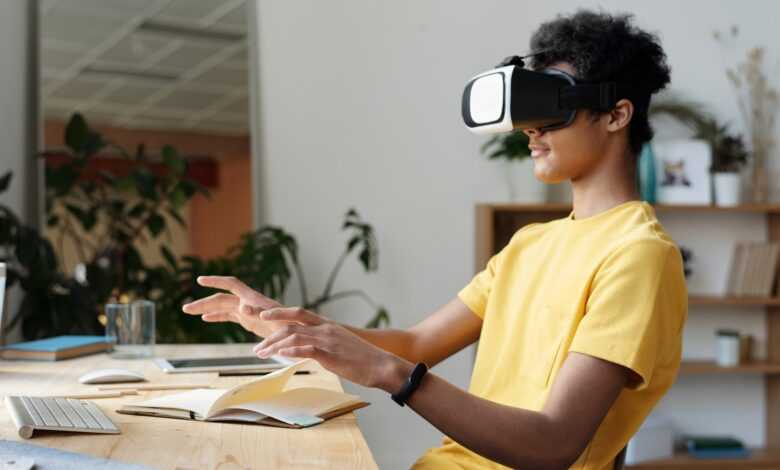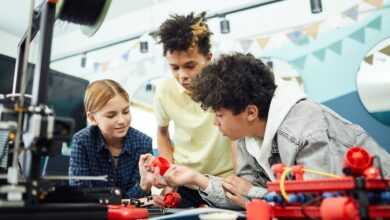
The Future of Work: Embracing Technology or Losing our Humanity?
The future of work is a topic that has been gaining increasing attention in recent years. As technology continues to advance at a rapid pace, many are questioning what the future of work will look like, and whether the benefits of technology outweigh the potential negative impacts on our humanity. While some argue that technology is the key to unlocking new levels of productivity and efficiency, others worry that it is leading to job displacement and a lack of personal connection in the workplace.
Advantages of Technology in the Workplace
Advancements in technology have already transformed the way we work, and the potential benefits are significant. Artificial intelligence and automation, for example, have the potential to increase productivity, reduce costs, and improve job satisfaction. With the help of these technologies, routine and repetitive tasks can be automated, freeing up time for employees to focus on more creative and engaging work. Virtual reality, on the other hand, can enhance training and education, allowing employees to learn new skills in a more immersive and interactive way.
In addition to these benefits, technology can also help to break down barriers and increase access to work opportunities. Remote work, for example, has become increasingly popular in recent years, allowing employees to work from anywhere in the world, and creating new job opportunities for those who may not have had access to traditional office jobs.
Disadvantages of Technology in the Workplace
While there are many potential benefits to technology in the workplace, there are also significant downsides to consider. One of the most significant concerns is the potential for job displacement. As automation and artificial intelligence become increasingly advanced, many jobs that were previously done by humans may become automated, leading to a loss of jobs and increased competition for the remaining positions.
In addition to job displacement, technology can also lead to increased stress and a lack of personal connection in the workplace. With the rise of email, instant messaging, and other digital communication tools, employees may feel constantly connected to work, even when they are off the clock. This can lead to burnout and a sense of disconnection from colleagues and the workplace.
While many see the potential benefits of technology in the workplace, others are more sceptical, arguing that technology is eroding our humanity and undermining our ability to think creatively and connect with others on a meaningful level. Critics argue that the push for efficiency and productivity at all costs is creating a culture of overwork and burnout, and that technology is only exacerbating these problems.
Some argue that technology is making us lazy, allowing us to rely too heavily on automation and artificial intelligence rather than relying on our creative problem-solving skills. Others worry that the rise of remote work is leading to a lack of personal connection and community in the workplace, as employees are no longer able to interact and collaborate in person.
As we move forward into the future of work, we must strike a balance between embracing technology and preserving our humanity. While there are certainly benefits to new technologies such as artificial intelligence, automation, and virtual reality, we must be mindful of the potential downsides as well. We must work to create a future that supports both our technological and human needs, and that ensures that we do not lose sight of the importance of creativity, problem-solving, and personal connection in the workplace. By doing so, we can create a future of work that is both productive and fulfilling for everyone.




